
Is Ethereum Dead? - Complete Analysis for ETH Investors

The year 2024 is one of transformation, evolution, and even questioning for digital currencies worldwide. Among these topics, a somewhat controversial question emerges, "Is Ethereum Dead?"
The question itself may seem shocking to some. After all, Ethereum has been a pillar of the blockchain world since its inception, pioneering smart contracts and dApps, serving as a springboard for the DeFi boom, and becoming a haven for NFTs.
But A wave of concern has swept across the crypto community, particularly among Ethereum investors.
Is it possible that such an influential player in the blockchain field could be on the decline? Let's assess the vitality of the second-largest cryptocurrency by market cap.
What is Ethereum?
Ethereum is a decentralized blockchain platform that enables the development of smart contracts and decentralized applications (DApps).
It was proposed by Vitalik Buterin in 2013 and officially launched in 2015. Ethereum introduced the concept of a programmable blockchain, allowing developers to build applications on top of its blockchain infrastructure.
The Rise of Ethereum
Since its launch, Ethereum has gained significant traction and popularity. Its innovative approach to blockchain technology attracted developers and entrepreneurs worldwide.
Ethereum's ability to support smart contracts and DApps opened up new possibilities for various industries, including finance, supply chain management, and decentralized finance (DeFi).
The Current State of Ethereum
Ethereum's Market Dominance
Despite facing competition from numerous other cryptocurrencies and blockchain platforms, Ethereum continues to maintain a significant market dominance.
Its vast ecosystem, developer community, and established infrastructure give it a strong advantage over its competitors.
Ethereum's market capitalization remains substantial, and it continues to be the go-to platform for launching new projects through initial coin offerings (ICOs) and token sales.
DeFi and NFT Boom - One of the driving forces behind Ethereum's continued relevance is the explosion of decentralized finance and non-fungible tokens.
DeFi applications built on Ethereum offer users a range of financial services, including lending, borrowing, yield farming, and decentralized exchanges.
Similarly, NFTs have gained mainstream attention, with artists, celebrities, and collectors embracing the technology for unique digital assets. Ethereum's compatibility and support for these emerging trends have solidified its position as a leading blockchain platform.
Network Upgrades and Improvements - The Ethereum community recognizes the need for continuous development and improvement.
Several Ethereum Improvement Proposals (EIPs) have been implemented to enhance the network's functionality, security, and scalability.
Additionally, layer-two solutions, such as Optimistic Roll Ups and zkRollups, are being adopted to alleviate congestion and reduce transaction costs.
These upgrades demonstrate Ethereum's commitment to addressing its challenges and evolving with the ever-changing crypto landscape.
Ethereum's Unique Selling Points
Ethereum offers several unique selling points that have contributed to its success:
1. Smart Contracts - Smart contracts are self-executing contracts with predefined rules encoded on the Ethereum blockchain.
They enable automatic transactions and agreements without the need for intermediaries. This feature has revolutionized industries by reducing costs, increasing efficiency, and ensuring transparency.
2. Decentralized Applications (DApps) - Ethereum provides a platform for developers to build decentralized applications, which run on the blockchain rather than a centralized server.
DApps offer benefits such as increased security, immutability, and censorship resistance. They have the potential to disrupt traditional business models across various sectors.
3. Ethereum Virtual Machine (EVM) - The Ethereum Virtual Machine is a runtime environment that executes smart contracts on the Ethereum network.
It provides a standardized environment for developers, making it easier to create and deploy applications. The EVM's Turing-complete programming language, Solidity, allows for the development of complex smart contracts.
Challenges and Competition
Despite its success, Ethereum faces challenges and competition that have raised concerns among investors:
1. Scalability Issues - Ethereum's current architecture struggles to handle high transaction volumes, leading to congestion and increased fees.
This has become more evident with the rise of DeFi applications and non-fungible tokens (NFTs). Scaling solutions, such as Ethereum 2.0 and Layer 2 protocols, are being developed to address these scalability issues.
2. Environmental Impact - Ethereum, like many other blockchain networks, currently relies on a proof-of-work (PoW) consensus algorithm, which requires substantial energy consumption. The environmental impact of PoW has raised sustainability concerns.
Ethereum is planning to transition to a more energy-efficient consensus mechanism called proof-of-stake (PoS) with Ethereum 2.0.
3. Competing Blockchain Platforms - Several blockchain platforms have emerged as competitors to Ethereum, offering different features and scalability solutions.
Platforms like Binance Smart Chain, Solana, and Polkadot have gained attention and attracted developers and users with their unique value propositions. The competition poses a challenge to Ethereum's market dominance.
Ethereum's Market Performance
Despite the challenges and competition, Ethereum has maintained a strong position in the cryptocurrency market.
It remains the second-largest cryptocurrency by market capitalization, and its native token, Ether (ETH), is widely traded and used for various purposes within the Ethereum ecosystem.
The price of ETH has experienced significant volatility, influenced by market sentiment, regulatory developments, and the overall cryptocurrency market trends. However, Ethereum's market performance cannot solely determine its long-term viability.
Is Ethereum Dead?
No, As of 2024, Ethereum is far from dead. With its continuous development, Ethereum 2.0 upgrade, and increasing adoption of its blockchain for DeFi, NFTs, and other decentralized applications, it remains one of the most robust and widely used platforms.
Its survival hinges on its adaptability, commitment to scalability, and its active developer community, all of which are presently thriving.
Also Read - Is Bitcoin Dead? - Complete Analysis for BTC Investors
The Future Outlook for Ethereum
The future outlook for Ethereum is both promising and uncertain. Ethereum 2.0 aims to address the scalability and energy consumption issues, which could enhance the platform's capabilities and attract more users and developers.
The successful implementation of Ethereum 2.0 could solidify Ethereum's position as a leading blockchain platform.
Additionally, Ethereum's network effect and the vast ecosystem of decentralized applications built on the platform provide it with a significant advantage.
Developers and projects already invested in Ethereum are more likely to continue using it, ensuring its sustainability.
However, the blockchain industry is highly dynamic, and new technologies can quickly disrupt existing platforms. Ethereum must continue to innovate, adapt, and address its challenges to stay relevant in the long run.
Will Ethereum recover in 2024?
Forecasting the trajectory of any cryptocurrency, including Ethereum is challenging. Nonetheless, Ethereum's ongoing transition to a Proof of Stake (PoS) consensus mechanism and the continuous development of its network infrastructure have garnered optimism among experts.
This positive sentiment is further bolstered by the growing adoption of decentralized finance (DeFi) and non-fungible tokens (NFTs), which are poised to fuel demand for Ethereum and its associated tokens.
While the cryptocurrency market is unpredictable, Ethereum's strong potential for growth sets it apart, making it a compelling asset in the evolving digital landscape.
Frequently Asked Questions
Q1. Is Ethereum dead?
No, Ethereum is not dead. Despite the challenges it faces, Ethereum remains a leading platform for decentralized applications and continues to evolve through significant upgrades.
Q2. What is the market dominance of Ethereum?
Ethereum maintains a significant market dominance in the cryptocurrency space. Its extensive network effects and strong developer community contribute to its continued success.
Q3. How does Ethereum address scalability concerns?
Ethereum 2.0, the upcoming upgrade, aims to address scalability concerns through the implementation of sharding and the transition to a Proof-of-Stake consensus mechanism.
Q4. What are the competitors of Ethereum?
Ethereum faces competition from platforms such as Cardano, Polkadot, and Binance Smart Chain. These platforms offer alternative solutions and are gaining popularity among developers.
Q5. How does the regulatory environment affect Ethereum?
Regulatory developments can impact the adoption and growth of Ethereum. Investors should stay informed about the evolving regulatory landscape and assess the potential risks associated with compliance.
Q6. Should I invest in Ethereum?
Investment decisions should be based on thorough research, risk assessment, and personal financial goals. It is advisable to consult with a financial advisor or conduct your due diligence before making any investment decisions.
Q7. Will Ethereum's transition to proof-of-stake affect its market value?
The transition to proof-of-stake has the potential to positively impact Ethereum's market value. However, market dynamics and other factors can also influence the price of ETH.
Conclusion
In conclusion, while Ethereum faces challenges and competition, it is far from being dead. Ethereum's unique features, such as smart contracts, DApps, and the Ethereum Virtual Machine, have revolutionized the blockchain industry.
The platform's market performance and the upcoming Ethereum 2.0 upgrade indicate a promising future.
For ETH investors, it is crucial to carefully monitor Ethereum's progress, technological advancements, and market trends. Diversifying investment portfolios and considering other promising blockchain platforms can also be a prudent strategy.
Disclaimer
The information provided on this website does not constitute investment advice, financial advice, trading advice, or any other sort of advice and you should not treat any of the website's content as such.
Token Metrics does not recommend that any cryptocurrency should be bought, sold, or held by you. Do conduct your own due diligence and consult your financial advisor before making any investment decisions.

.svg)

Create Your Free Token Metrics Account

.png)




%201.svg)
%201.svg)


%201.svg)



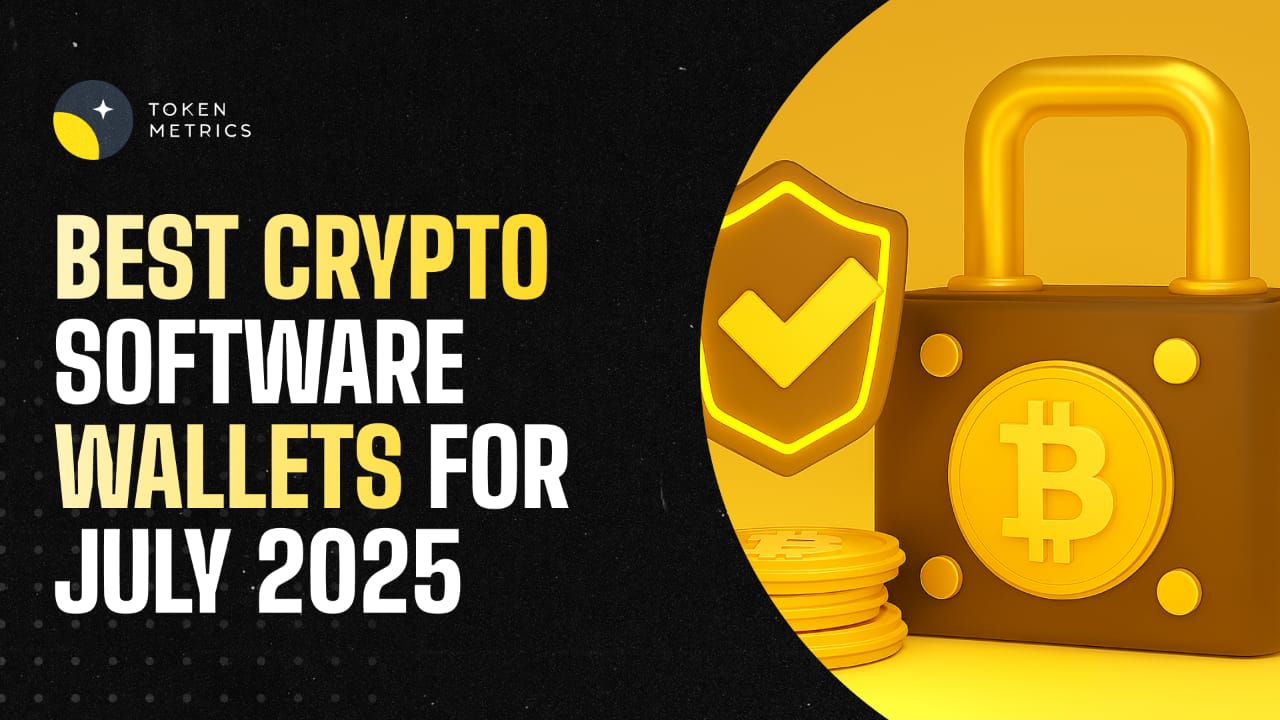



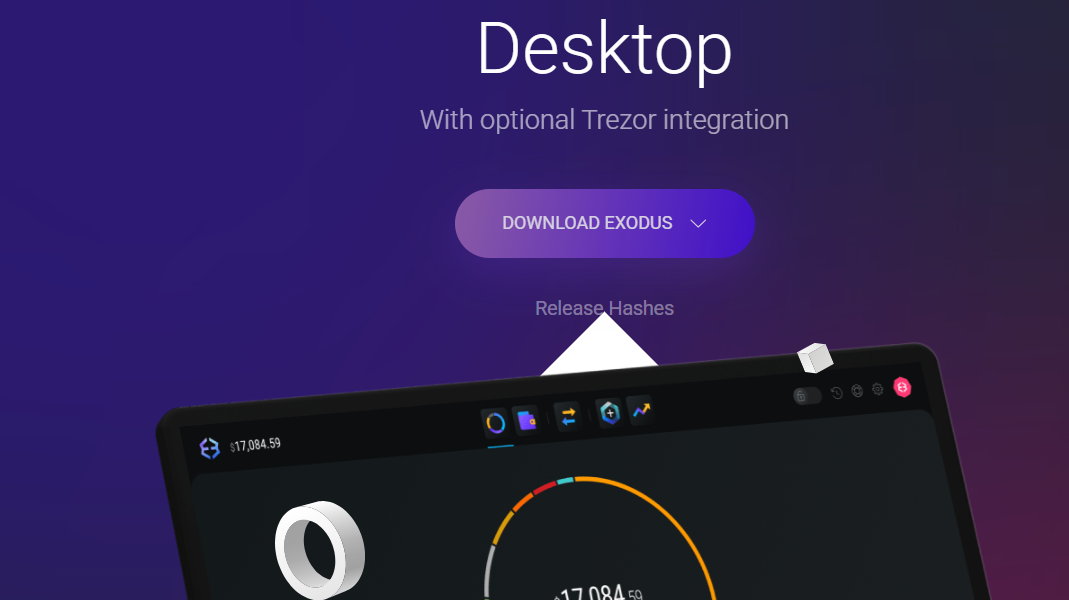
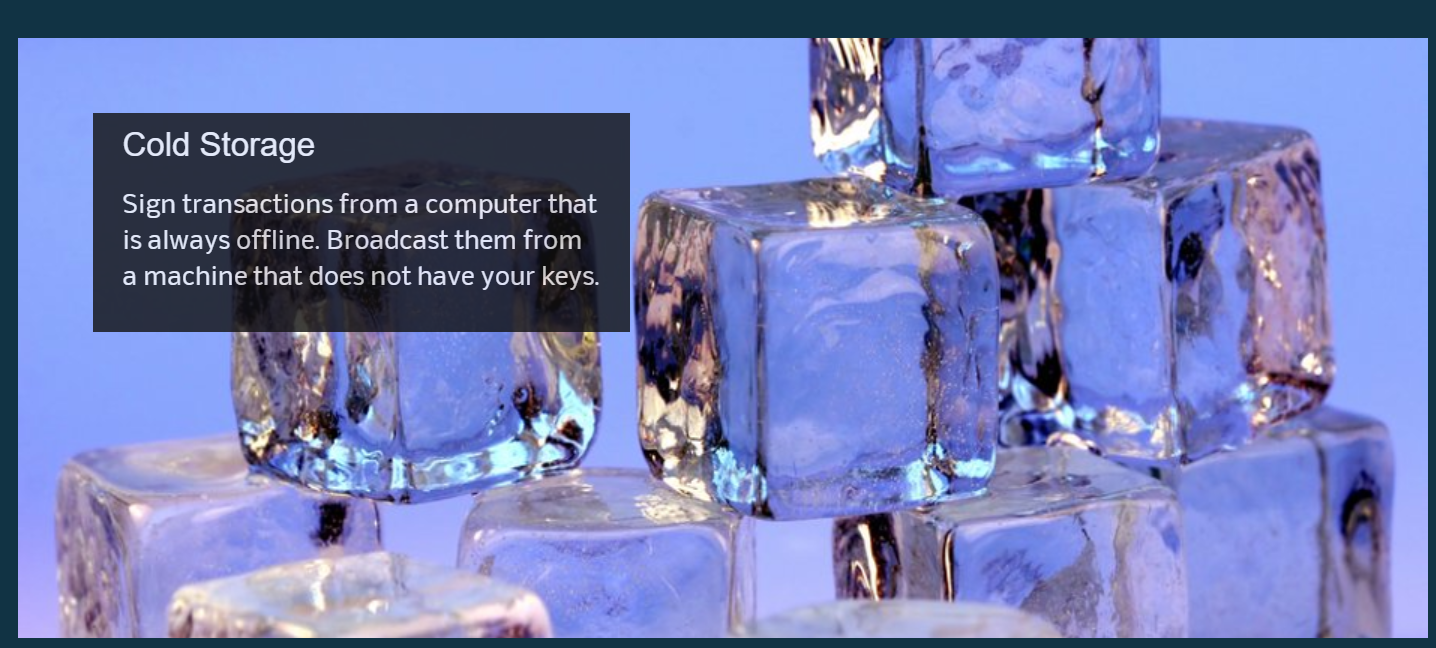


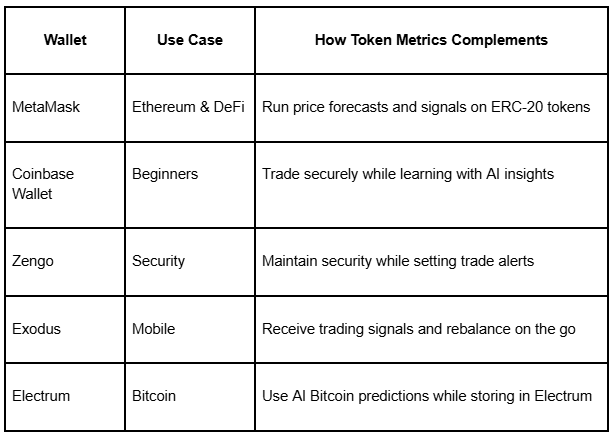
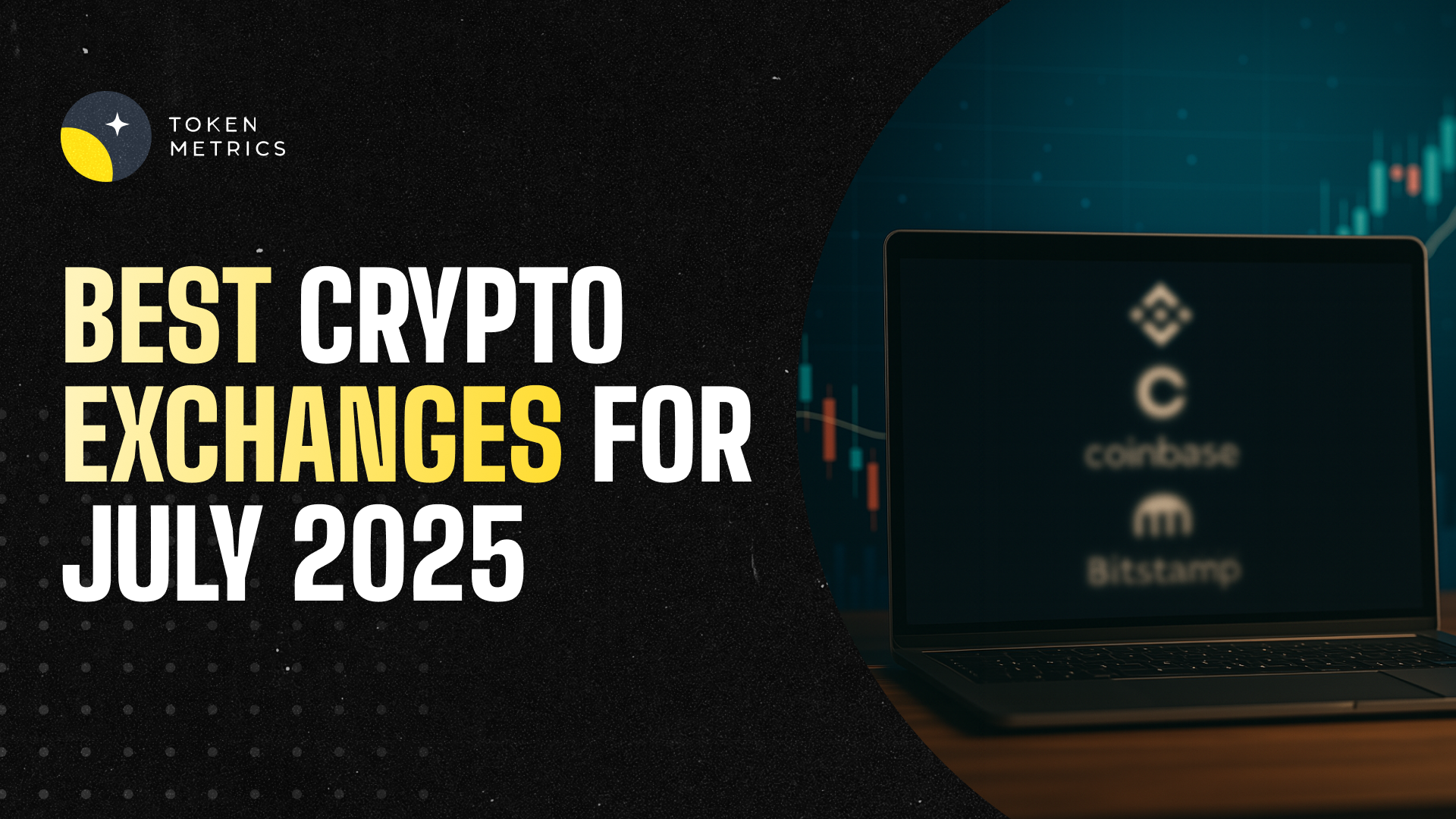
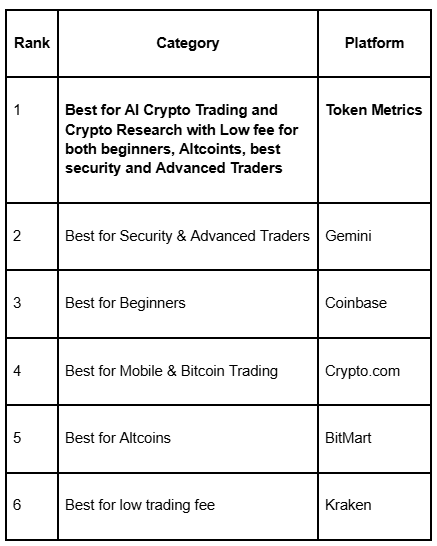





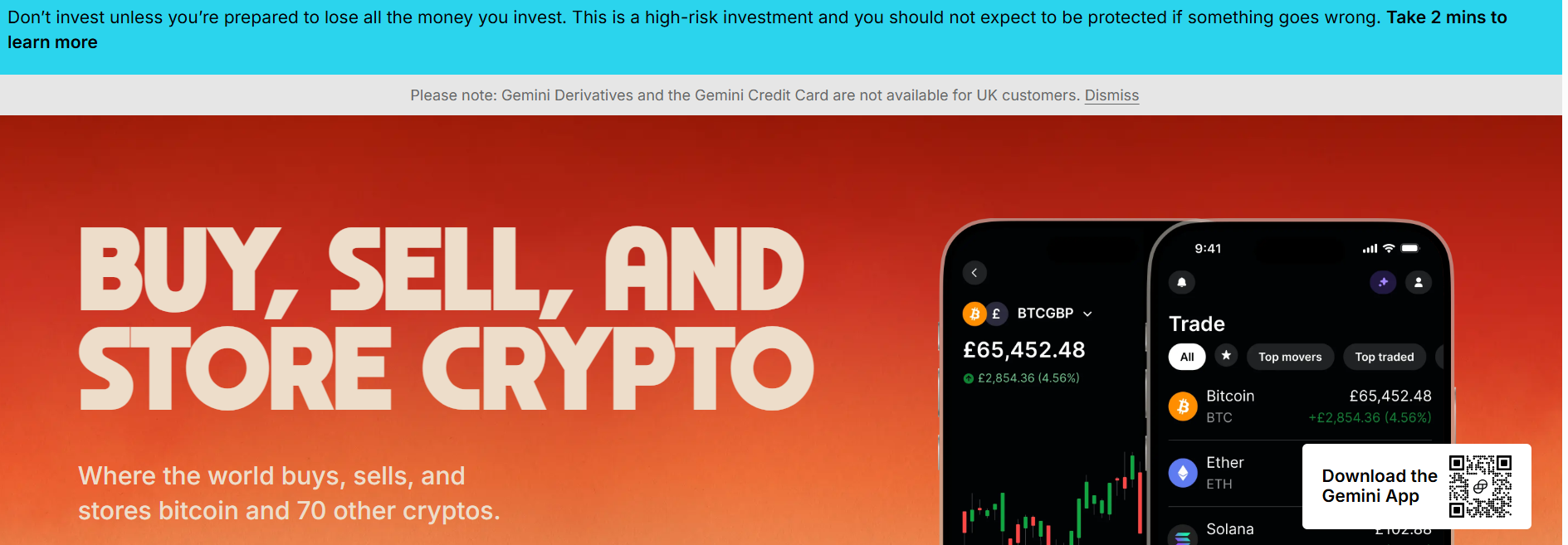
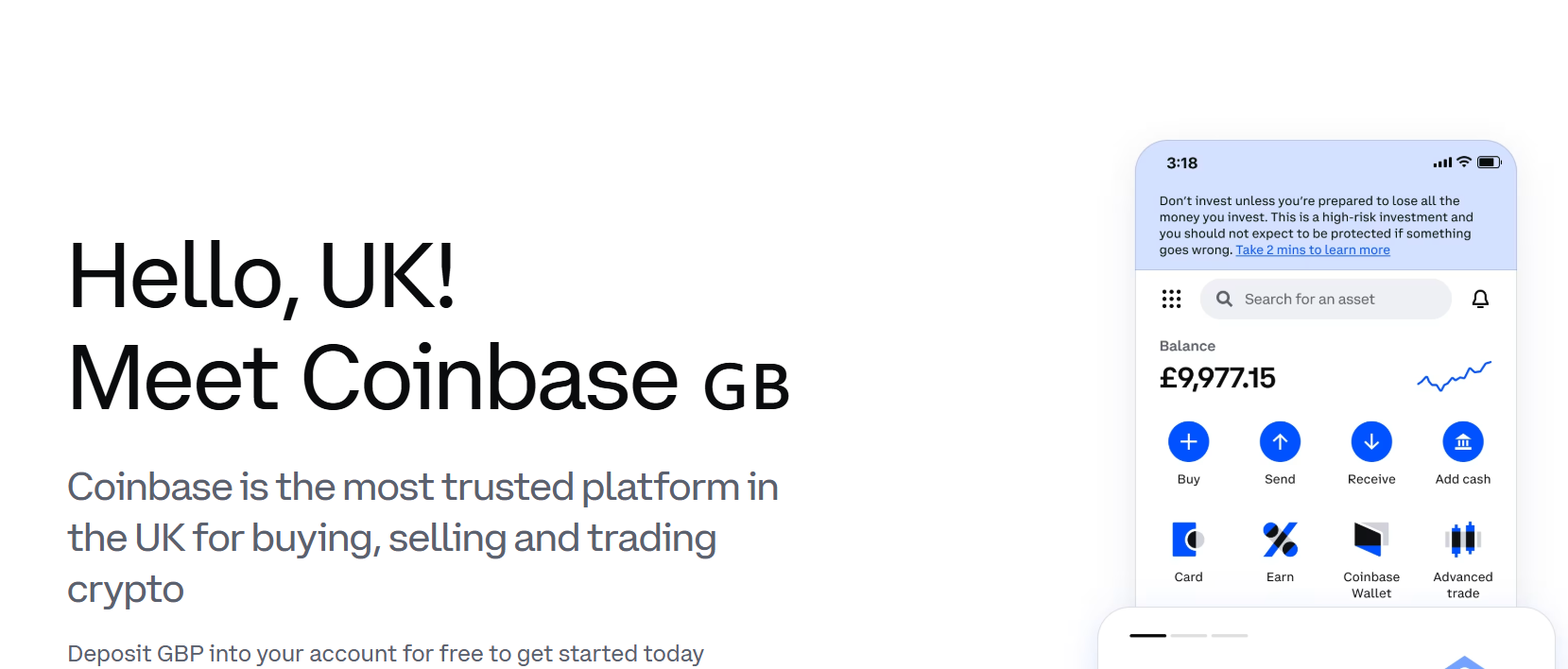
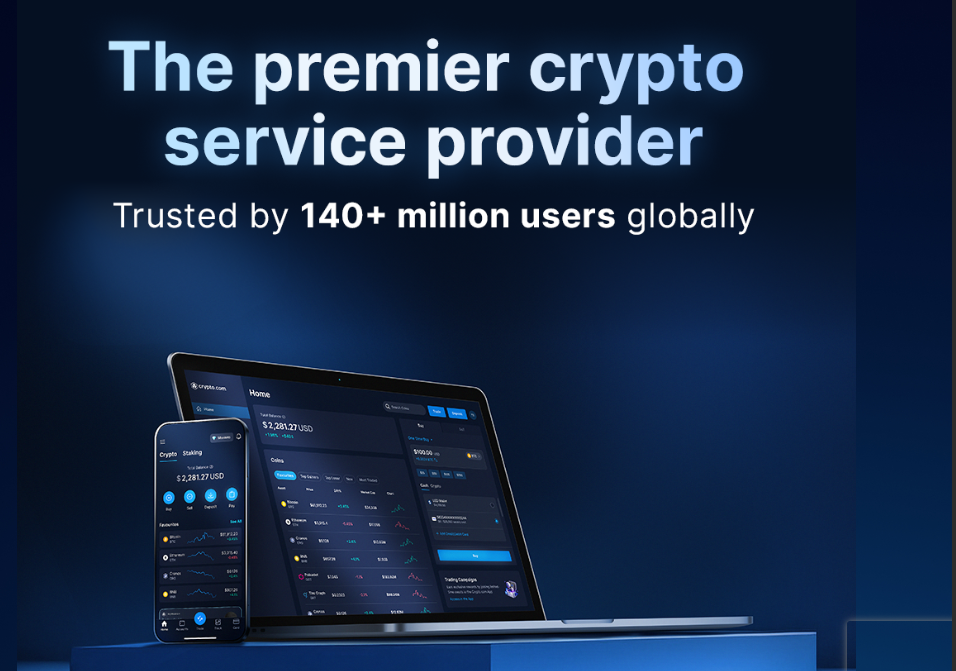
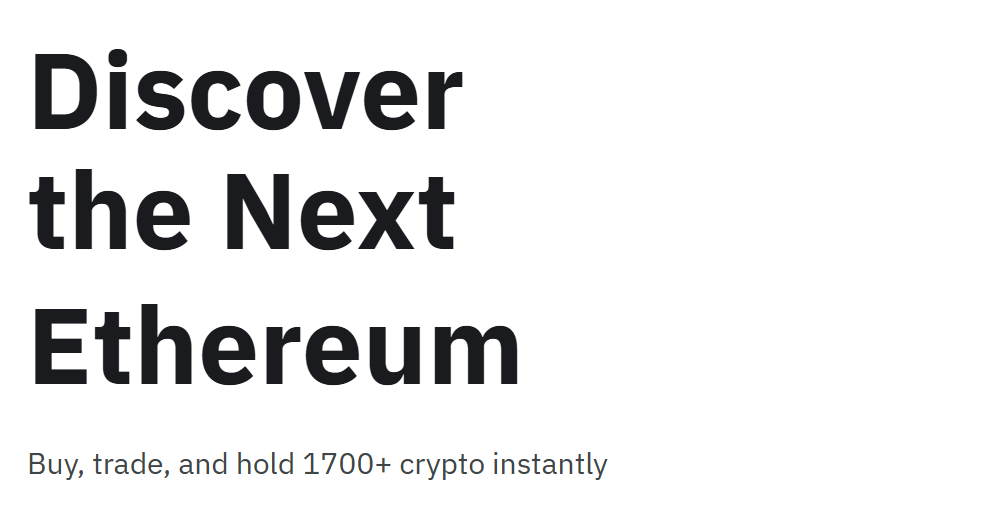
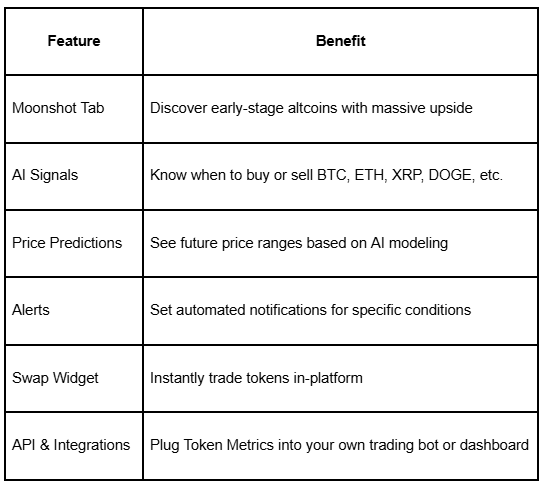
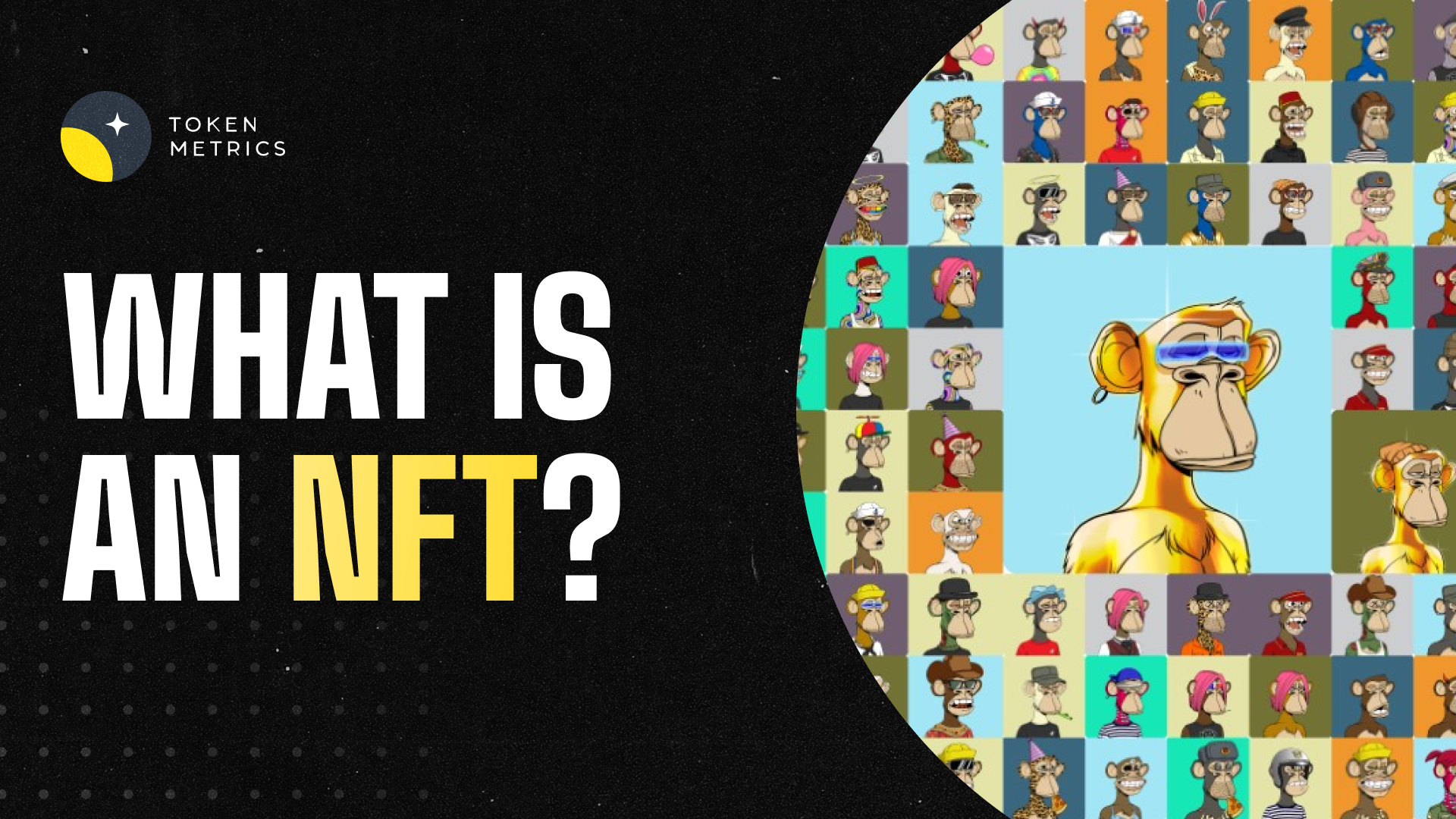

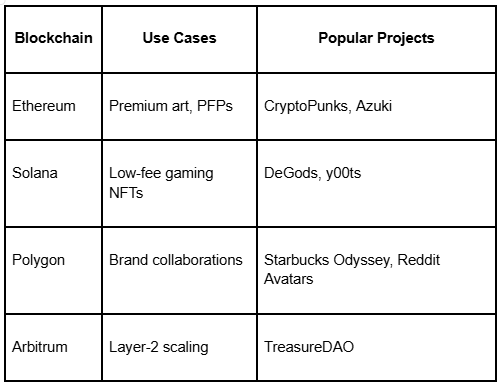



.svg)




.png)